It has been a while since the last time I called myself an otaku. I grew up in a society in which teenagers and young people would find an apparently clever noun to label themselves and then appear to the society as a marginal, sub-cultural group where the general rules of society wouldn’t apply.
I think this is the case in most societies, not in Br: people are always trying to find means to feels different from what they think is the most common, so perhaps their life can have significance.
I too partook in these activities once. When I was 13 I heard the term otaku and thought it would be a nice term to label myself, instead of just middle-schooler. I met other people in the same situation, and I could see that being called “otaku” here was a good thing, because it showed that you were an enthusiast of Japanese pop culture. And here in my country, we regard Japan and its people with considerable respect.
The thing is that I learned that otaku is not a good word to define a person, actually. Once I learnt of these meanings, I had to explain to other people that I was an otaku “in the brazilian meaning, not in the original one”. It was too much of a hassle, so I eventually stopped calling myself “otaku”. Also, I realized that me, a br girl, was living in a distant reality from what otakus are really like. At that time, I just read manga, as anime was broadcast here only in one cable channel, which I did not have. I was not a working person, so I had no income, hence I could not buy anime products, also because there is not an anime product market here. If you want something, you have to import. I did not go to conventions because those barely existed. If anything, I was just an weaboo.
This part of my life is pretty interesting to think what I am now comparing to what an otaku is in Br. Many people did not give up the otaku label, and kept on spreading this as an urban tribe that, in order to be part of it, one had to simply like and watch anime, any anime. If you go to anime conventions here, you will see everything: hipsters, emos, goths, some cosplays, plain people, children, wizards. The otaku, as an urban tribe here has no rule that strictly defines it as a cultural group. It is just a mixture of whoever goes. Oh, do you watch Bleach and Naruto? You are an otaku.
From my perspective cultural groups work by the same principle of genre. To define certain objects as being elements of a certain genre, it is necessary that these elements bear at least some recurrent characteristics that can be easily identified. Take emos, for example. Whey they were on the hype, it was very easy to identify them, and to define them, because they had characteristics that made them noticeable. These characteristics go from attire, haircut, places for hanging out to music taste, forms of speech, behavior.
Now, thinking of otakus here, what characteristics can we point out to distinguish them as a cultural group? They like anime. What else? This is the same thing as to say that all women here in br that like and watch soap operas represent a cultural group. Or that all the people who like and watch series represent an urban tribe. That is not true, they are not a group. If anything, they represent a trend in tastes regarding TV programs.
And where do I stand? To put it simply, nowhere. I have reached a level in liking anime subculture that I can’t even talk about it to people that are not acquainted with the circumstances of being an anime hobbyist. I collect figures, but the only person who knows it is my husband. I can’t tell my co-worker, that only watched Akira when he was 6, that QuesQ left me down with their Last Order figure.
I can’t call myself an otaku because I don’t fit in any of the societies that use this word to define people, not the Japanese one, not the Brazilian one. I don’t feel I am part of both groups. I think if there is a word to define myself, and, most importantly, does it matter? Philosophically speaking, yes, it matters. Practically, not so much. I will not change my habits because of that.
Also, my daily issues will not disappear only because I have a fancy word to define myself. If someone asked me what I am, and if I answered: “I am a ***”, I would have to explain what is *** anyway, rendering the labeling useless.
And that is pretty much it.
I have to say thanks to +Tenk Kun for having raised this issue on G+ and thus giving me the idea to write this post.

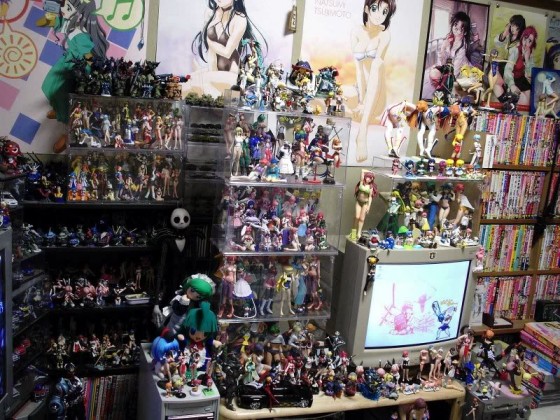
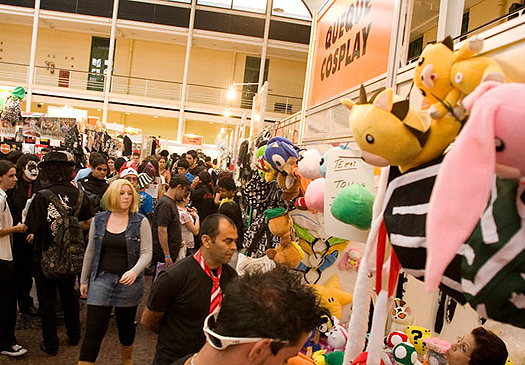

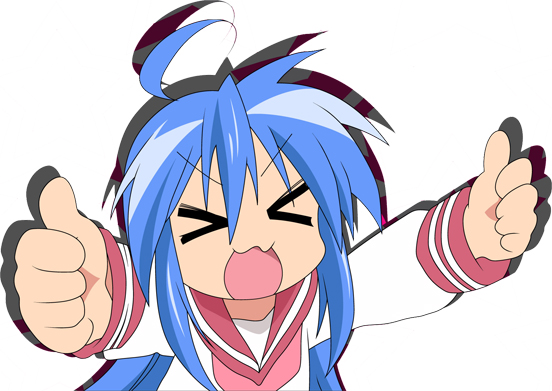
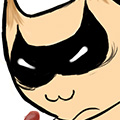 The development of a blog
The development of a blog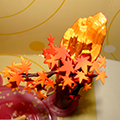 Regrets of a Collector
Regrets of a Collector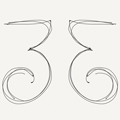 Dec 17th, Andrè
Dec 17th, Andrè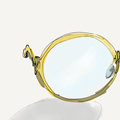 Dec 18th, Pierre
Dec 18th, Pierre I Draw People as Cats
I Draw People as Cats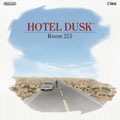 I Finished “Hotel Dusk”
I Finished “Hotel Dusk”